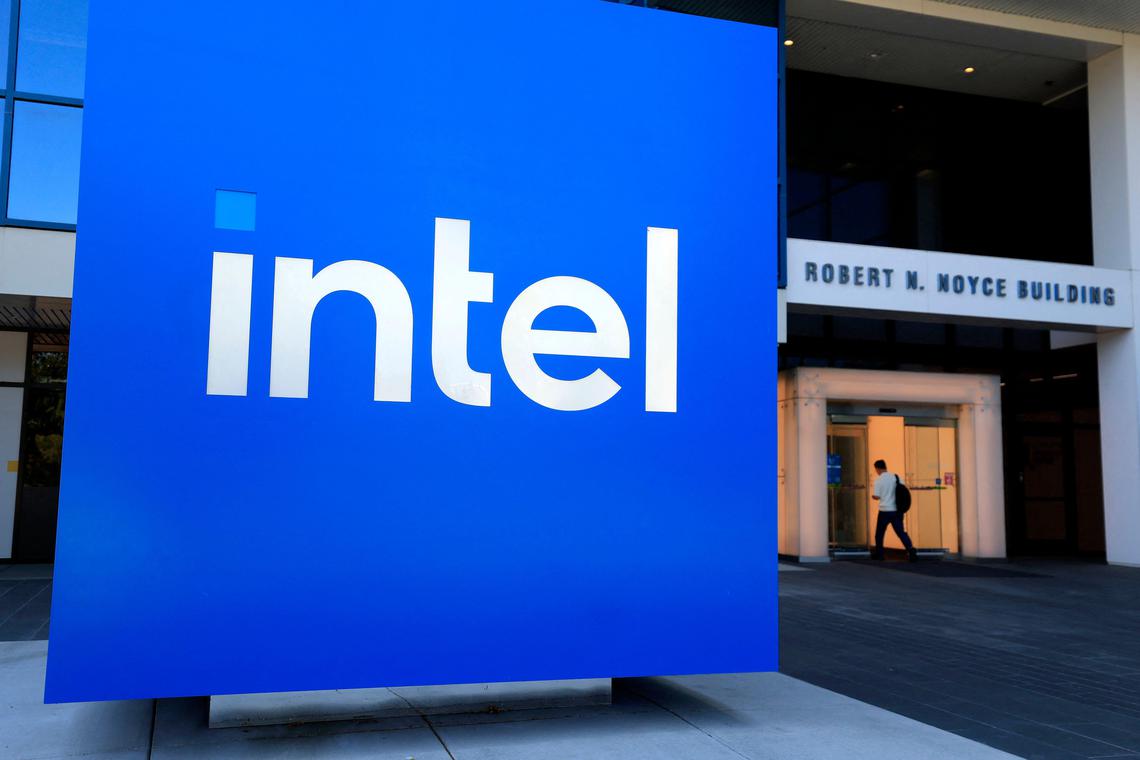The White House has confirmed that the Trump administration is considering an unprecedented deal that could see the US government acquire a 10% ownership stake in Intel, one of America’s most strategically important semiconductor companies.
National Security Meets Industrial Strategy
White House press secretary Karoline Leavitt described the move as part of a broader effort to prioritize US national and economic security. According to Commerce Secretary Howard Lutnick, the plan under discussion involves converting existing federal grants into equity, rather than providing financial support without a return.
“This is about putting America’s needs first,” Leavitt told reporters, while Lutnick noted: “We should get an equity stake for our money instead of just giving grants away.”
The deal, still in development, is tied to Intel’s multibillion-dollar project to establish a flagship manufacturing hub in Ohio, aimed at bolstering the domestic chip supply chain.
Intel’s Position in a Competitive Market
Intel remains one of the few US-based firms capable of producing advanced semiconductors at scale. However, the company has struggled in recent years to keep pace with competitors such as Nvidia, Samsung, and TSMC, especially in the rapidly growing AI chip segment.
Investor sentiment has been shifting more positively. Just this week, SoftBank announced a $2 billion investment in Intel, a vote of confidence that sent the company’s shares up nearly 7% in New York trading.
Intel has not commented directly on the government’s equity proposal but has reiterated its commitment to supporting US efforts to strengthen domestic manufacturing.
An Unusual Step — and Its Risks
The idea of Washington taking an equity position in Intel recalls the government bailouts during the 2008 financial crisis, but analysts note that Intel is not in financial distress. Instead, the rationale lies in strategic importance — ensuring that semiconductor production, critical to both defense and civilian technologies, remains secure within US borders.
Experts, however, caution about potential side effects.
- Corporate governance concerns: Partial state ownership could complicate management decisions.
- Market perception risks: Other companies may become wary of accepting federal grants if they fear conditions could later change.
- Global competitiveness: While the move could strengthen Intel in the short term, rivals may exploit any uncertainty surrounding US industrial policy.
The Bigger Picture
The development comes at a time when the semiconductor industry is under intense scrutiny from Washington. Chips power everything from artificial intelligence to consumer electronics to weapons systems, making supply chain security a top priority for policymakers.
If finalized, the deal would represent a historic intervention — reshaping the relationship between government and private industry in one of the world’s most strategically vital sectors.
Partner With Us
Want to feature your brand, business, or service on 365247 — Whether you’re looking to sponsor, collaborate, or build presence within our ecosystem, we’d love to explore it with you.
Submit your interest here
IMAGE: AFP


